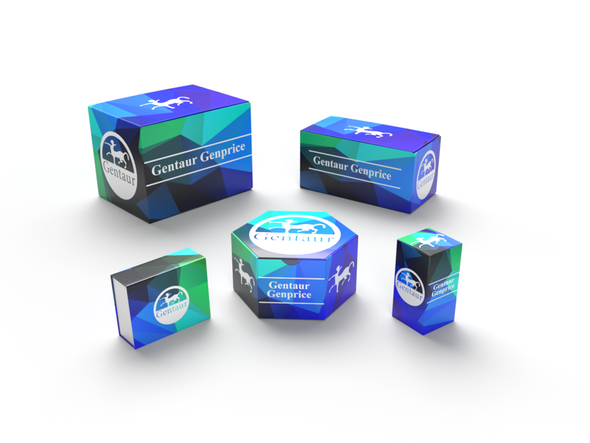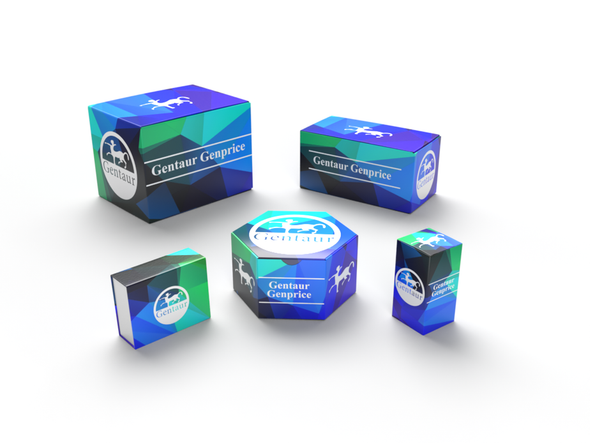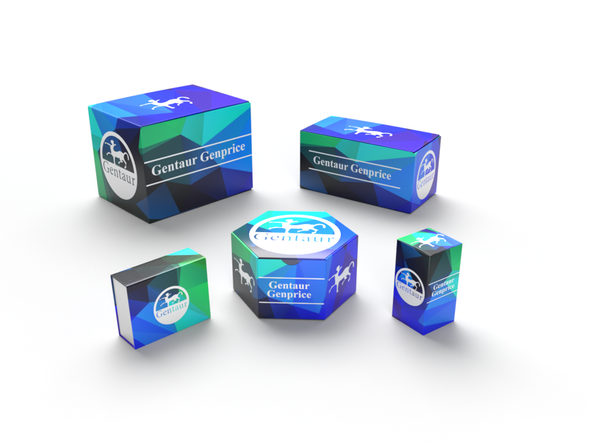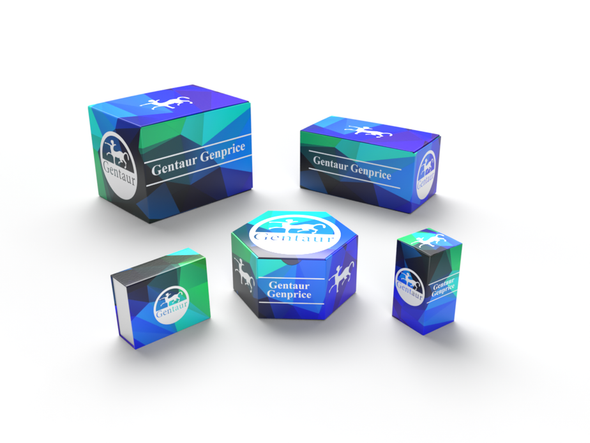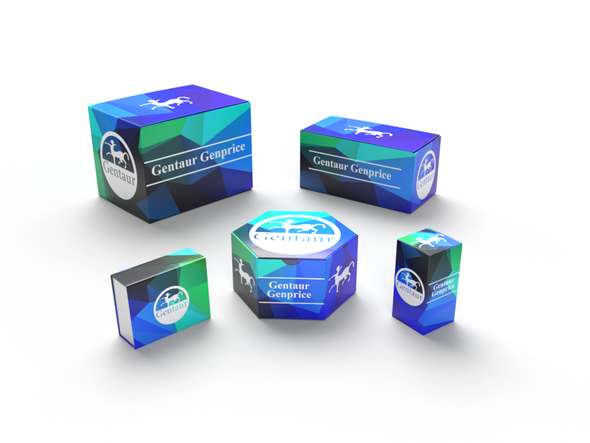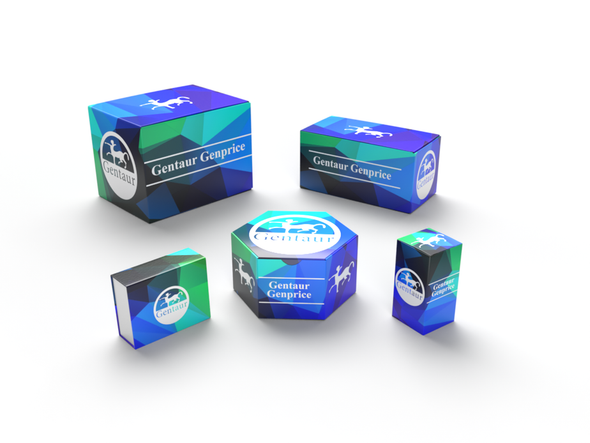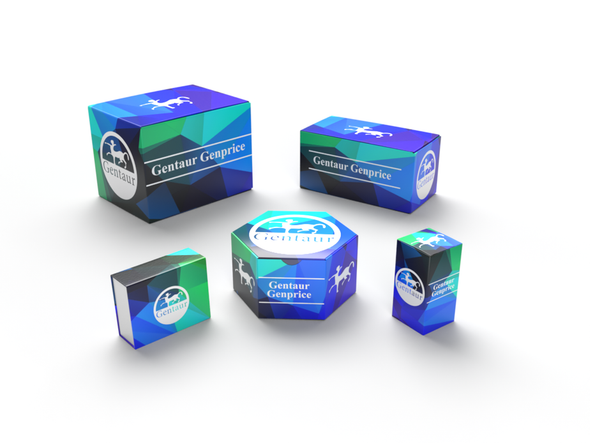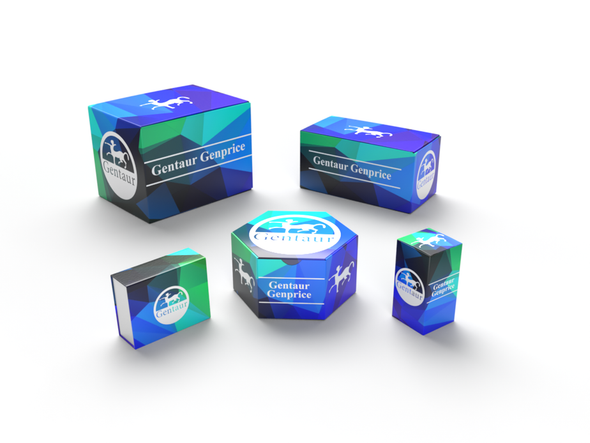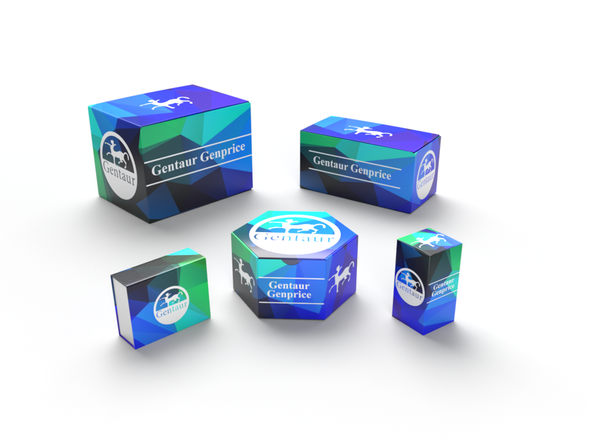Additional Information
Size: |
100 µl |
Target: |
AKT1 (pSer473) |
Conjugate: |
Dylight 405 |
Research Area: |
Cell Signaling | Protein Phosphorylation | Serine / Threonine Kinases | PKB / AKT | Cancer | Apoptosis | Cancer | Cancer Metabolism | Cancer | Cell Cycle | PI3k/AKT Pathway |
Alternative Name: |
RAC-PK-alpha Antibody, Protein kinase B alpha Antibody, RAC Antibody, Proto-oncogene c-Akt Antibody, Protein kinase B Antibody, RAC Alpha Antibody, AKT Antibody, EC:2.7.11.1 Antibody, AKT 1 Antibody, PRKBA Antibody, AKT1_HUMAN Antibody, AKT1 Antibody |
Category: |
Antibodies |
Product Type: |
Polyclonal Antibody |
Immunogen: |
Synthetic phospho-peptide from human AKT1 around the phosphorylation site of serine 473 (pSer473). |
Immunogen Species: |
Human |
Applications: |
WB, IHC |
Host: |
Rabbit |
Isotype: |
IgG |
Species Reactivity: |
Human, Mouse, Rat |
Antibody Dilution: |
WB (1:250-1:500); IHC (1:25-1:50); optimal dilutions for assays should be determined by the user. |
Purification: |
Peptide Affinity Purified |
Storage Buffer: |
PBS, pH 7.4, 150mM NaCl, 50% glycerol, 0.02% sodium azide |
Concentration: |
N/A |
Specificity: |
Detects endogenous levels of AKT1 only when phosphorylated at serine 473 (pSer473). |
Storage: |
-20ºC |
Shipping: |
Blue Ice or 4ºC |
Certificate of Analysis: |
A 1:500 dilution of SPC-1340 was sufficient for detection of AKT1 (pSer473) in 10 µg of human cervical cancer cell line (hela) lysate by ECL immunoblot analysis using goat anti-rabbit as the secondary antibody. |
Cellular Localization: |
Nucleus, Plasma Membrane, Cell Membrane, Cytoplasm, Cytoskeleton, Ciliary Basal Body, Microtubule, Spindle, Cytosol, Mitochondrion, Nucleoplasm, Cell-Cell Junction, Postsynapse, Protein Complex, Vesicle |
Tissue Specificity: |
Expressed in prostate cancer and levels increase from the normal to the malignant state (at protein level). Expressed in all human cell types so far analyzed. The Tyr-176 phosphorylated form shows a significant increase in expression in breast cancer |
Accession Number: |
NP_001014431.1 |
Gene ID: |
207 |
Swiss-Prot: |
P31749 |
Field of Use: |
For in vitro research use only. |


